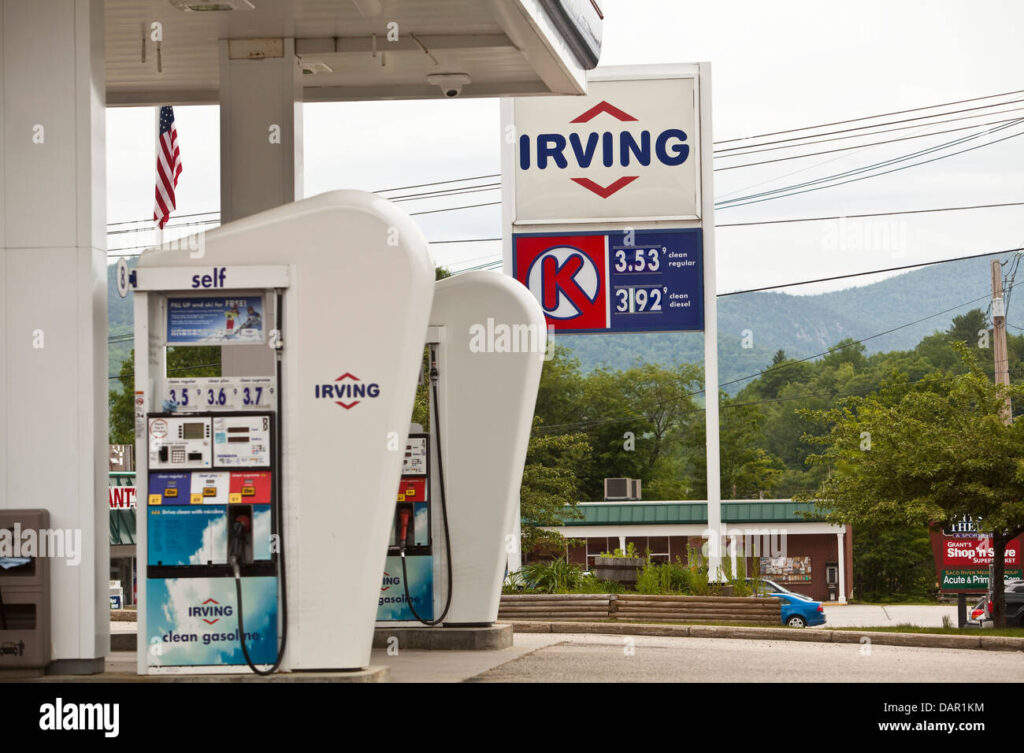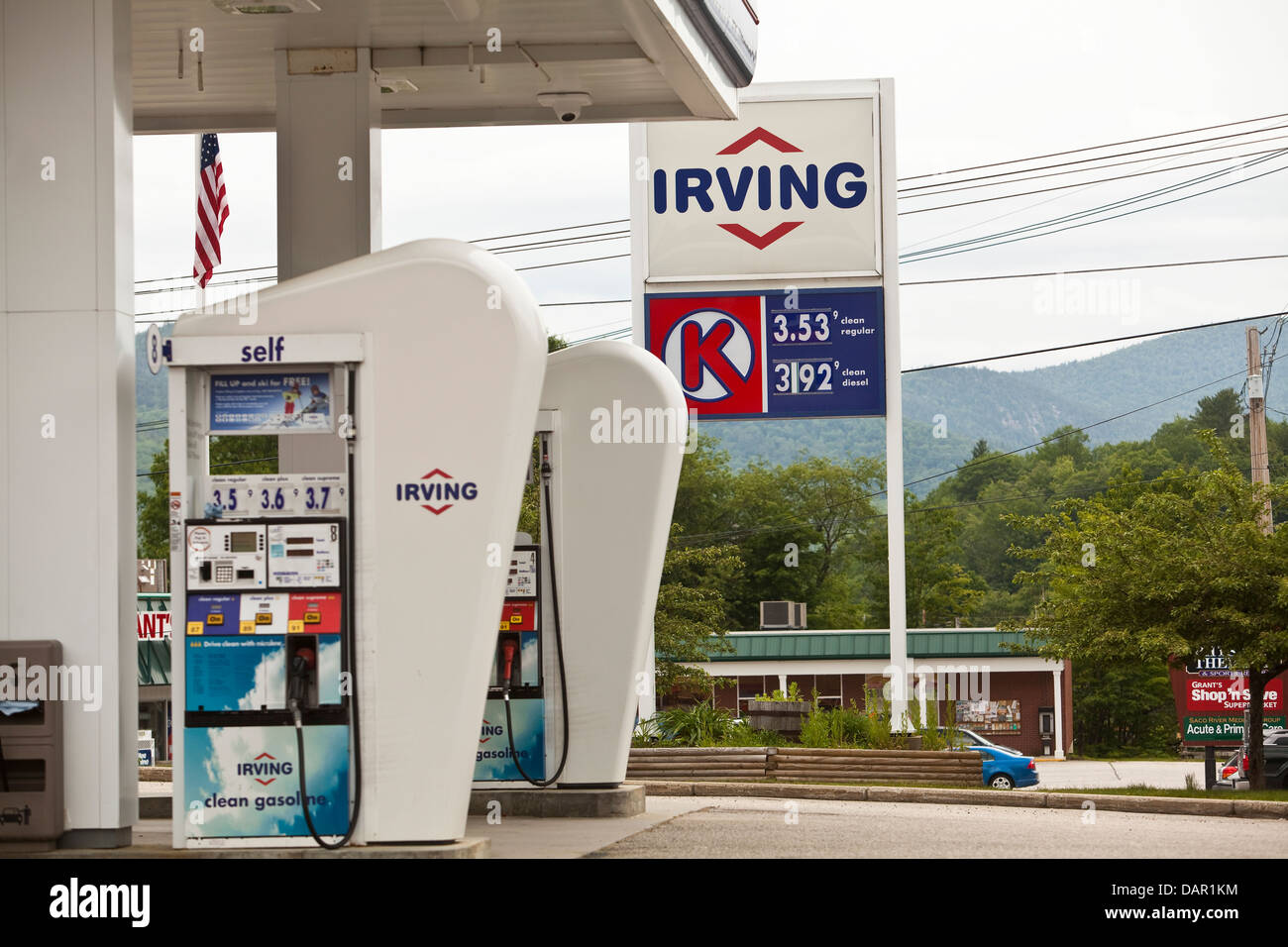
Gas Irving: Unveiling the Legacy and Impact of a Pioneer in Energy
The name Gas Irving might not be immediately recognizable to everyone, but within the energy sector, particularly in the context of early natural gas infrastructure development and distribution, it holds considerable significance. Understanding the contributions of individuals like Gas Irving provides crucial context for appreciating the evolution of the modern energy landscape. This article delves into the available information surrounding Gas Irving, examining their potential role, impact, and legacy within the gas industry.
Early Pioneers of Natural Gas
The late 19th and early 20th centuries witnessed a boom in the natural gas industry. Individuals with foresight and technical expertise were instrumental in building the infrastructure necessary to extract, transport, and distribute this valuable resource. While specific details about Gas Irving are limited, it’s important to understand the backdrop against which they likely operated. These pioneers faced numerous challenges, including developing new technologies, securing funding, and navigating complex regulatory environments.
The Rise of Natural Gas as a Fuel Source
Before widespread adoption, natural gas was often a byproduct of oil drilling, frequently flared off as waste. The realization of its potential as a clean and efficient fuel source spurred innovation and investment. Companies began to build pipelines to transport gas from production sites to urban centers, where it could be used for lighting, heating, and cooking. The development of these pipelines was a massive undertaking, requiring significant engineering expertise and logistical planning. Gas Irving, presumably, would have been involved in some facet of this development.
Challenges and Innovations
The early gas industry was fraught with challenges. Pipeline leaks, explosions, and inconsistent gas pressure were common problems. Engineers and scientists worked tirelessly to develop safer and more reliable technologies. This included improving pipeline construction materials, developing better leak detection methods, and implementing pressure regulation systems. The contributions of individuals like Gas Irving in overcoming these challenges cannot be understated. Their work laid the foundation for the modern gas infrastructure that we rely on today. [See also: History of Natural Gas Pipelines]
Potential Roles and Contributions of Gas Irving
Given the limited information available, we can only speculate on the specific roles and contributions of Gas Irving. However, based on the historical context, it is plausible that they were involved in one or more of the following areas:
- Engineering and Design: Designing and overseeing the construction of pipelines, gas processing plants, and distribution systems.
- Operations and Maintenance: Managing the day-to-day operations of gas facilities, ensuring safety and efficiency.
- Business Development: Identifying new markets for natural gas and securing contracts with customers.
- Research and Development: Developing new technologies to improve the efficiency and safety of gas production and distribution.
- Management and Leadership: Leading teams of engineers, technicians, and other professionals in the gas industry.
It’s also possible that Gas Irving was an entrepreneur who founded or led a gas company. In the early days of the industry, many small, independent companies emerged to exploit local gas resources. These companies played a vital role in expanding the availability of natural gas to communities across the country. Regardless of their specific role, it is clear that Gas Irving was a significant figure in the development of the gas industry. Further research might uncover more specific details about their contributions.
The Enduring Legacy of Early Gas Industry Pioneers
The work of early gas industry pioneers like Gas Irving continues to have a profound impact on our lives today. The natural gas infrastructure they built provides a reliable source of energy for millions of homes and businesses. Natural gas is also a key component in the production of electricity, chemicals, and other essential products. The industry has continued to evolve, embracing new technologies and practices to improve efficiency, safety, and environmental performance. However, the fundamental principles of gas production, transportation, and distribution remain the same. The foundations laid by individuals such as Gas Irving are still relevant today.
Modern Advancements in Gas Technology
The gas industry has undergone significant advancements in recent decades. Horizontal drilling and hydraulic fracturing have unlocked vast new reserves of natural gas, increasing domestic production and reducing reliance on foreign sources. These technologies have also raised environmental concerns, prompting ongoing research and development efforts to mitigate potential risks. [See also: Environmental Impacts of Natural Gas]
The Future of Natural Gas
Natural gas is expected to play a key role in the global energy mix for decades to come. It is a relatively clean-burning fuel that can help to reduce greenhouse gas emissions compared to coal and oil. Natural gas is also a versatile fuel that can be used for a wide range of applications, including power generation, heating, transportation, and industrial processes. As the world transitions to a cleaner energy future, natural gas is likely to remain an important part of the solution. The legacy of individuals like Gas Irving continues to inspire innovation and progress in the gas industry.
Researching Gas Irving: Challenges and Opportunities
Finding detailed information about individuals like Gas Irving from the early days of the gas industry can be challenging. Historical records may be incomplete, scattered across various archives, or simply lost to time. However, there are several avenues that researchers can explore:
- Historical Societies: Local and regional historical societies may have records related to early gas companies and individuals who worked in the industry.
- Library Archives: University and public libraries often have extensive collections of historical documents, including newspapers, business directories, and company records.
- Genealogical Resources: Online genealogical databases can be helpful in tracing the family history of individuals like Gas Irving.
- Industry Associations: Gas industry associations may have historical archives or publications that shed light on the contributions of early pioneers.
- Government Records: Government agencies may have records related to gas pipeline construction, regulation, and safety.
By piecing together information from various sources, it may be possible to gain a more complete understanding of the life and work of Gas Irving. This research can help to preserve their legacy and inspire future generations of energy professionals.
Conclusion: Remembering the Pioneers Like Gas Irving
While the specifics of Gas Irving‘s story may remain somewhat elusive without further research, acknowledging their potential contributions alongside other early pioneers is crucial to understanding the evolution of the natural gas industry. The challenges they faced, the innovations they developed, and the infrastructure they built have shaped the modern energy landscape. By remembering and celebrating these pioneers, we can gain a deeper appreciation for the vital role that natural gas plays in our lives and the ongoing efforts to ensure its safe and sustainable use. The legacy of Gas Irving, and countless others, serves as a reminder of the ingenuity and dedication that have driven progress in the energy sector for over a century. The impact of figures like Gas Irving resonates even today. Gas Irving helped lay the groundwork. The contributions of Gas Irving are invaluable. We must remember Gas Irving. Learning about Gas Irving is enlightening. Gas Irving‘s story is important. Considering the work of Gas Irving is essential. The name Gas Irving deserves recognition. The history of Gas Irving is fascinating. The example of Gas Irving is inspiring. The achievements of Gas Irving were significant.

